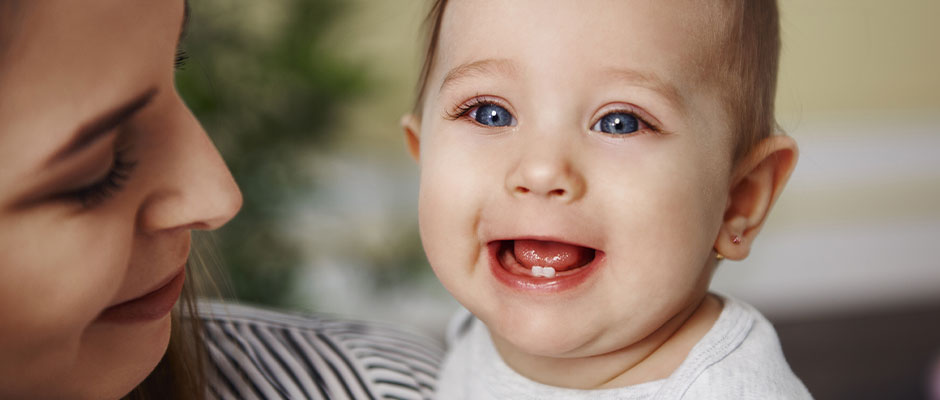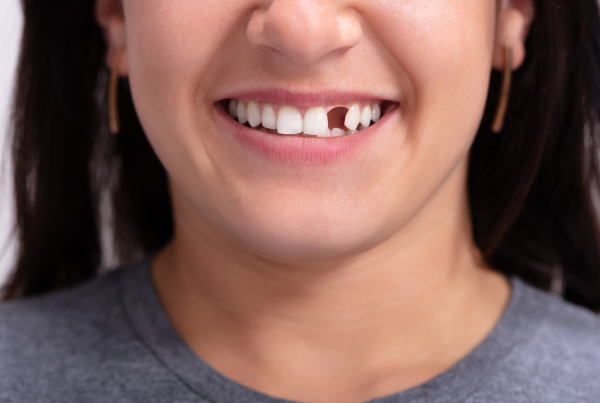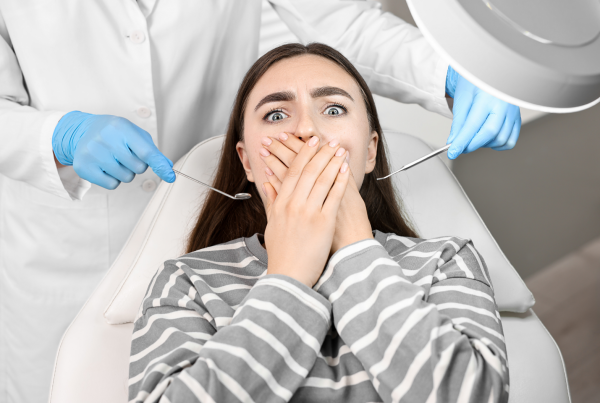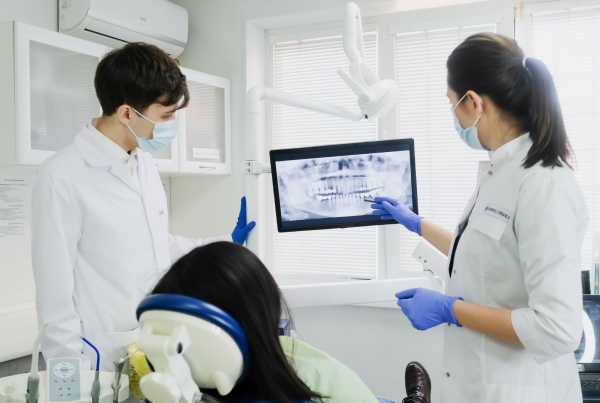It is an important milestone when those first baby teeth poke through the gums. But while baby or primary teeth look cute, they have a crucial role to play in your child’s growth and development. Although they are not permanent, baby teeth will be around for quite a while. The last sets of baby teeth, the canines and second molars are not replaced with permanent adult teeth until ages nine to twelve. Every one of your child’s baby teeth needs the proper dental care to ensure they remain healthy, strong and cavity-free.
Why Are Primary Teeth Important?
Your child’s primary teeth have several important functions. They enable your child to bite and chew food properly, which in turn allows for proper digestion. The ability to eat nutritious foods aids growth and development. Teeth are very important for learning how to speak clearly, form words properly, and communicate with others. Lastly, primary teeth are placeholders, holding open the correct amount of space for adult teeth to erupt and guiding them into the proper positions. If a child loses their primary teeth too soon, it can create problems with eating and speaking and increase the risk of adult teeth coming through overcrowded and misaligned.
What to Do When Your Baby Is Teething?
Teething can be an uncomfortable process, so if your baby is in discomfort and pain, give them something to chew on, like a cold washcloth chilled in the refrigerator or a firm teething ring. Chewing helps relieve the pressure of the new teeth coming through the gums. Gently rubbing your baby’s gums with a clean finger can also help ease the pain. Your child might find it more comfortable to eat chilled foods like yogurt, applesauce or other pureed fruits. If they seem to be in a lot of discomfort, it may be worth contacting your pediatrician just to check nothing else is going on.
First Dental Visit
When your baby’s first teeth begin to poke through the gums, you will need to start brushing them gently with a small baby toothbrush. It is also the ideal time to make an appointment with our dentists, Dr. Sarah Harland or Dr. Tom Greene. Your child’s first dental visit is merely a quick checkup to ensure their teeth and jaws are developing normally and are healthy. It’s a very useful visit because we can provide lots of useful information on caring for baby teeth, and your child will become accustomed to visiting a brand-new environment. Tsawwassen Place Dental is a family-oriented practice, and we always welcome young children, ensuring they feel as comfortable as possible.
Our dental team here at Tsawwassen Place Dental can offer advice on how to brush your child’s teeth thoroughly; you only need a tiny smear because your baby cannot spit out excess toothpaste. When their teeth start to contact each other, we can show you how to floss them so that you use the correct techniques right from the start.
Avoiding Cavities in Primary Teeth
Cavities can occur when a child’s teeth come into contact with too much sugar. Very young children can develop tooth decay if they are put to bed with a bottle of sweetened liquid or juice. The sugars in these fluids will remain coating the teeth overnight, allowing harmful bacteria to erode tooth enamel, causing decay. If they need a drink, plain water is best Problems can also develop if a child is given foods that are especially sticky and hard to remove from teeth, even if they seem healthy, such as fruit leather, dried fruit, and granola. Instead, stick to healthier snacks like cheese, fruit or sugar-free, plain yogurt.





